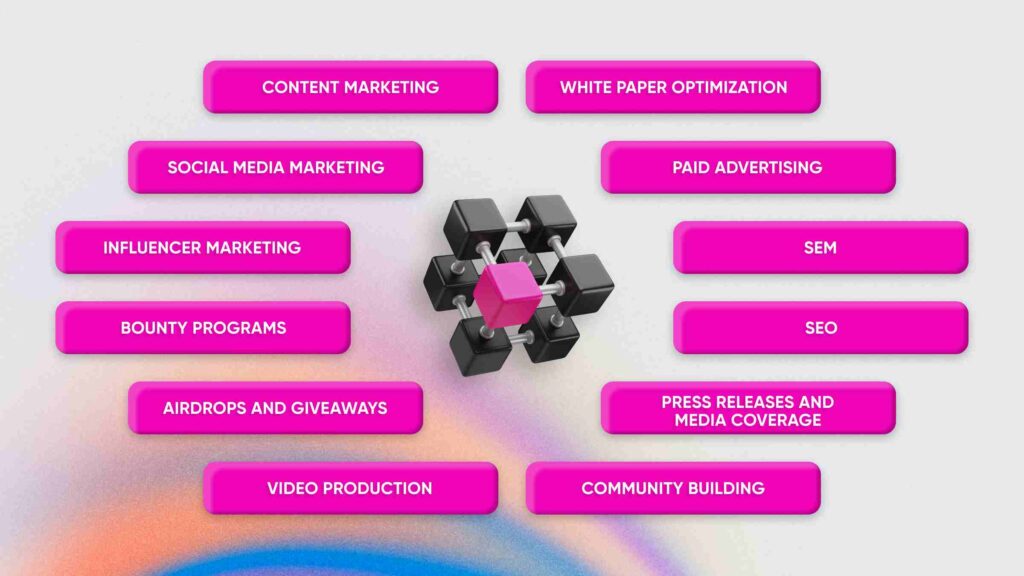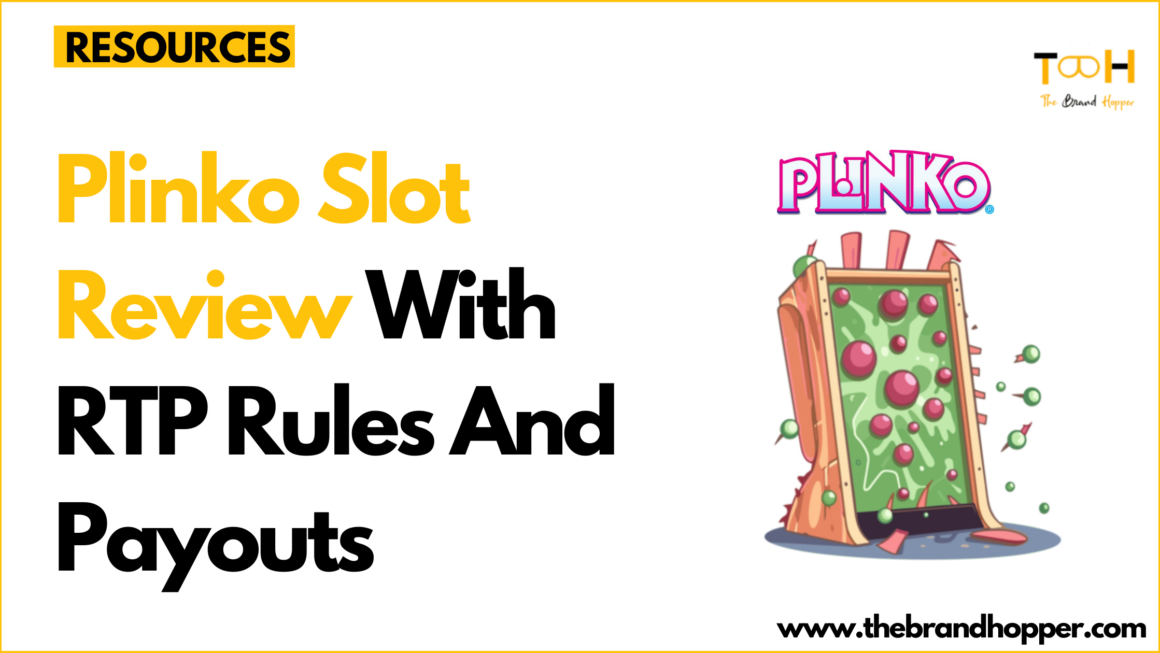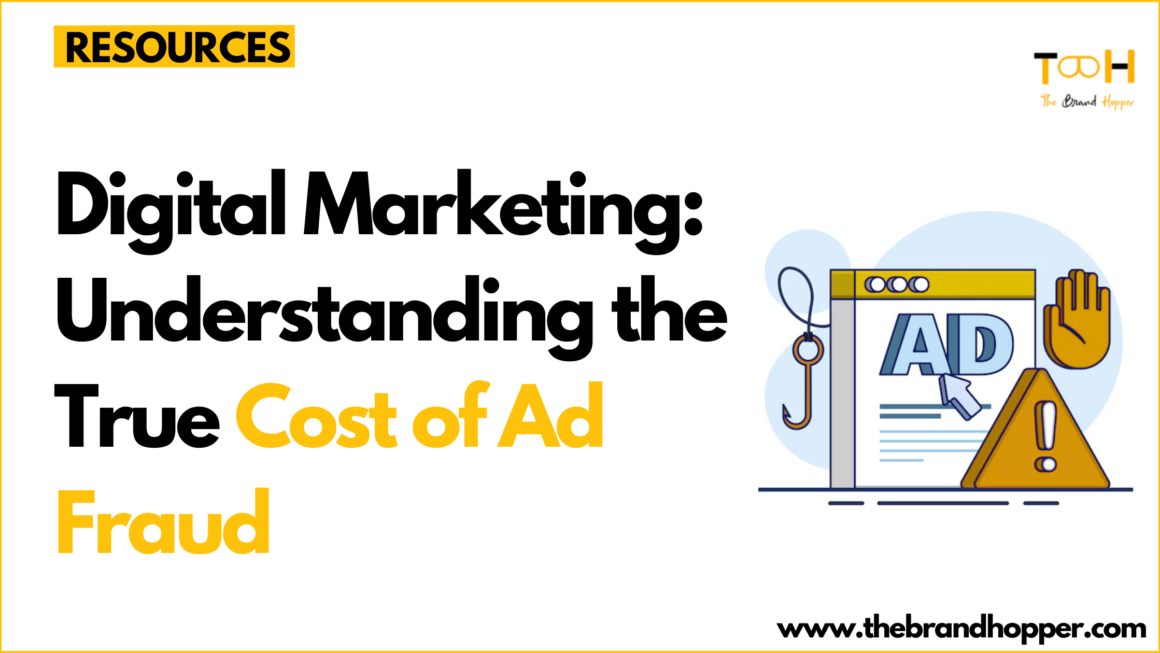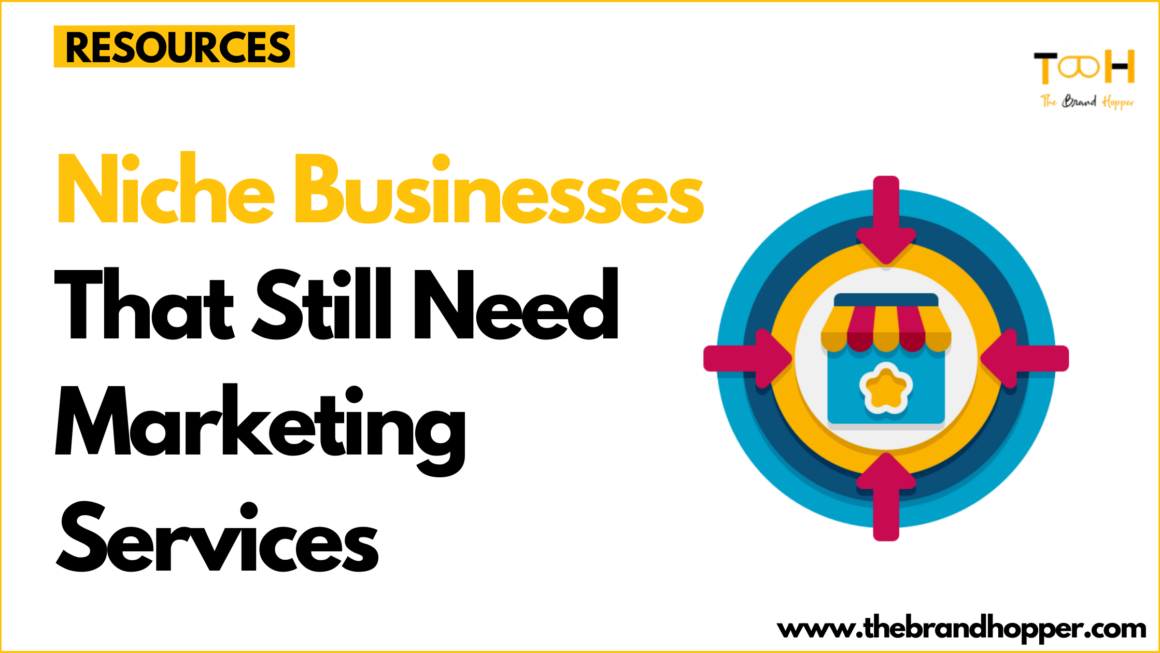In today’s digital world, data privacy and consumer trust are growing concerns for businesses and customers alike. With data breaches, ad fraud, and opaque marketing practices becoming increasingly common, many consumers are hesitant to share their personal information online. Meanwhile, marketers are struggling to maintain transparency, build trust, and ensure that their advertising budgets are effectively spent. This creates a pressing need for new technologies that prioritize privacy, security, and efficiency.
Blockchain technology offers a promising solution by transforming how consumer data is managed and reshaping the digital marketing landscape. Unlike traditional centralized systems, blockchain gives consumers control over their personal information, ensuring that data is stored securely and accessed only with their permission. This shift toward decentralized data ownership is forcing marketers to adopt more ethical advertising practices while unlocking innovative opportunities for personalized engagement and transparent ad spending.
This article provides actionable insights into how blockchain is changing the rules of digital marketing. It explains how businesses can adapt their strategies to meet new consumer expectations while benefiting from improved advertising efficiency and reduced fraud risks. By understanding these trends, marketers will be better equipped to harness blockchain’s potential, build stronger customer relationships, and gain a competitive edge in the ever-evolving world of online advertising.
After reading this article, you’ll understand:
- How blockchain empowers consumers to take control of their data.
- Why blockchain-enabled transparency can reduce ad fraud and lower costs.
- How marketing professionals can prepare for this shift through blockchain education programs like those offered by JKCP.
With this knowledge, marketers will be well-positioned to adopt blockchain-based solutions that improve customer trust, optimize advertising efforts, and keep pace with the future of digital marketing.
Redefining Consumer Data Ownership with Blockchain
The Problem with Centralized Data Control
In traditional digital marketing, companies collect massive amounts of user data, often without consumers having full awareness or control over how their information is used. This data is typically stored in centralized systems, leaving it vulnerable to breaches, misuse, or unauthorized access. For consumers, this lack of transparency creates mistrust, while businesses face reputational risks when privacy regulations, such as GDPR, are not followed correctly.
Marketers have relied on third-party data to target consumers effectively, but growing privacy concerns and regulatory changes are making this approach less sustainable. As consumers become more cautious, there is a rising demand for decentralized solutions that give users control over their personal information and its use.
How Blockchain Gives Power Back to Consumers
Blockchain offers a decentralized way to store and manage personal data, enabling consumers to decide who can access their information and for what purposes. Through blockchain-powered digital wallets, individuals can store their data securely and share it selectively with advertisers or businesses. This allows users to participate in digital marketing campaigns on their own terms, often earning tokens or rewards for the data they willingly share.
Marketers benefit from this shift as well by obtaining high-quality, consent-based data directly from consumers. This helps reduce ad fraud and improves targeting accuracy, ultimately leading to more meaningful interactions between brands and their audience. Additionally, blockchain-based solutions eliminate the need for intermediaries, reducing advertising costs and fostering greater trust between businesses and consumers.
Careers in Crypto Sector: Unlocking Opportunities for Marketers
With the adoption of blockchain in marketing, there is a growing demand for professionals who understand how to implement decentralized technologies effectively. As more industries adopt blockchain, marketers with blockchain expertise will be at the forefront of this transformation. Educational programs like those offered by JKCP provide specialized training in blockchain, preparing students for careers in crypto sector, including roles that intersect with marketing.
These programs equip professionals with the skills to build and manage decentralized systems, use smart contracts, and develop innovative strategies for data-driven advertising. For businesses, hiring experts in the crypto sector will be critical for staying competitive in an evolving landscape where consumer data privacy and blockchain integration become essential components of success.
By combining blockchain knowledge with marketing expertise, professionals can shape the future of data ownership and advertising, helping brands align with consumer expectations in a more transparent and efficient way.
Revolutionizing Advertising Strategies through Blockchain

Tackling Ad Fraud with Blockchain Technology
Ad fraud is one of the most persistent problems in the digital marketing world, costing businesses billions of dollars each year. Fake clicks, bot traffic, and fraudulent impressions reduce the effectiveness of campaigns and waste advertising budgets. Blockchain offers a solution by creating transparency within the ad supply chain.
Through the use of smart contracts, all parties involved in an ad campaign—including publishers, advertisers, and networks—can view real-time performance data. Since blockchain records are immutable and decentralized, the possibility of altering or faking data is significantly reduced. Every transaction in the advertising process becomes verifiable, providing advertisers with accurate insights into ad placements and impressions.
For example, Toyota partnered with blockchain advertising platform Lucidity to reduce ad fraud. The company saw a 21% increase in campaign performance by identifying and filtering out fraudulent sources. This illustrates how blockchain enables brands to secure their ad spend, ensuring every dollar is used effectively.
Personalized and Consumer-Centric Advertising
Blockchain also introduces new models of consumer engagement by allowing users to control and even monetize their interaction with brands. Instead of relying on intrusive ads, businesses can offer incentives—such as tokens or discounts—for users who choose to share their data or engage with advertisements.
Platforms like Brave Browser and Basic Attention Token (BAT) are pioneering this approach. Users earn tokens for viewing ads, which they can redeem for rewards or donate to content creators. This model shifts power from intermediaries to consumers, creating a win-win situation: users enjoy a more personalized ad experience, and brands benefit from higher-quality interactions.
Moreover, blockchain’s direct-to-consumer approach removes unnecessary intermediaries, further reducing advertising costs. This aligns with growing consumer expectations for transparency and ethical marketing practices, giving brands a competitive advantage by fostering trust-based relationships.
Embracing Blockchain for a Smarter Future in Digital Marketing
Blockchain is reshaping digital marketing by giving consumers control over their personal data and revolutionizing advertising strategies through transparency and efficiency. This technology addresses key challenges faced by both marketers and consumers: reducing ad fraud, minimizing costs, and building trust-based relationships between brands and audiences.
Marketers can no longer rely on outdated methods of third-party data collection. Instead, they must shift to decentralized, consumer-centric strategies that align with evolving privacy regulations and customer expectations. Blockchain offers an effective solution by allowing businesses to collect high-quality, consent-based data, improving both targeting accuracy and customer satisfaction.
Moreover, platforms that reward users for engaging with advertisements demonstrate how blockchain encourages meaningful consumer interaction. These innovations foster loyalty, improve ad performance, and eliminate unnecessary intermediaries, allowing brands to optimize their advertising budgets.
Businesses that embrace blockchain not only position themselves at the forefront of technological innovation but also gain a competitive edge by building lasting, trust-based relationships with their customers. For those seeking to stay ahead, now is the time to explore blockchain-driven marketing solutions that deliver real value to consumers and optimize results.
To read more content like this, explore The Brand Hopper
Subscribe to our newsletter




